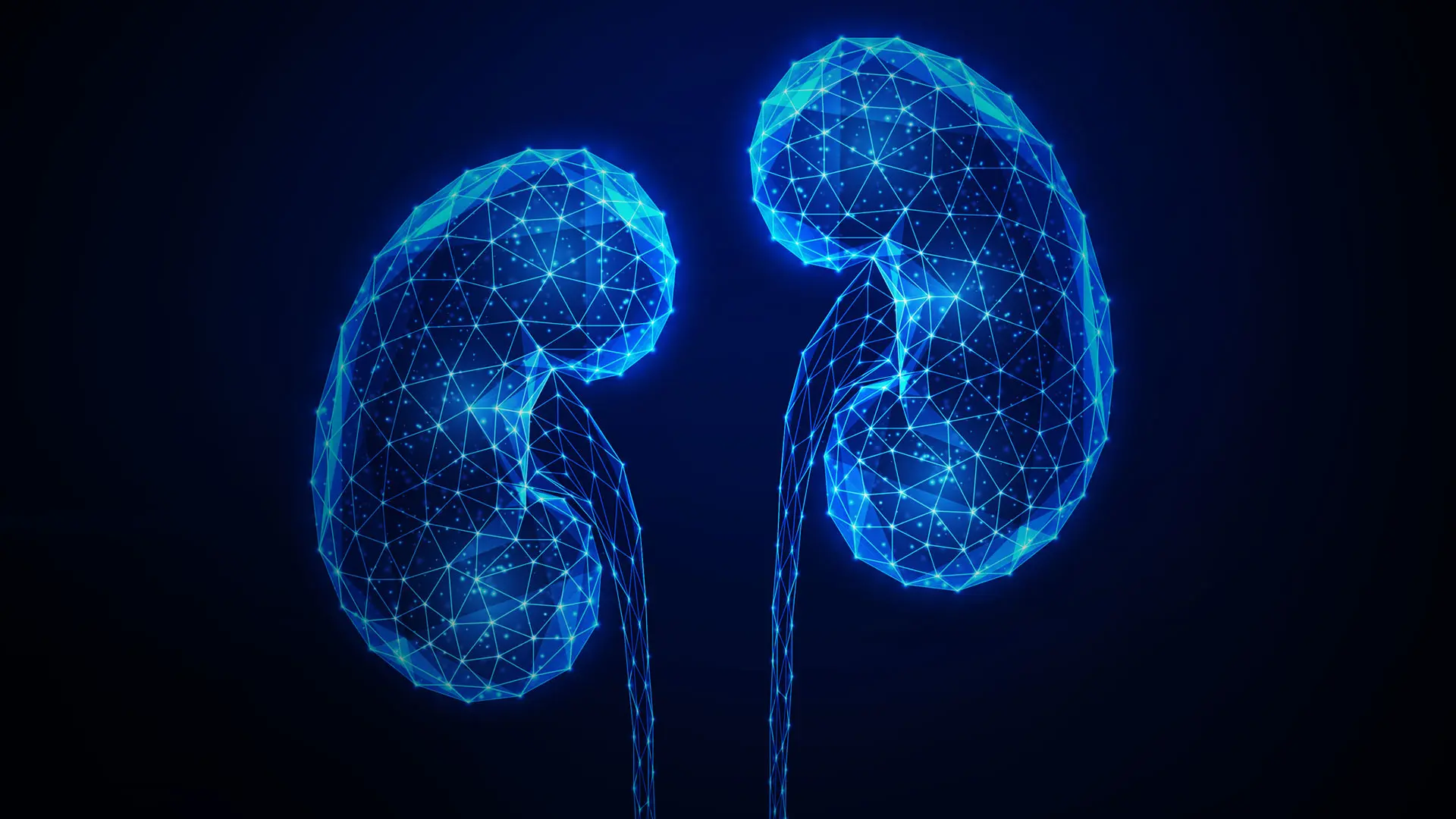Here at Mount Sinai Health System, where we found ourselves at the center of the nation’s largest outbreak in March and April, we saw a rapid rise in patients presenting with COVID-19-associated acute kidney injury that threatened to overwhelm our dialysis programs. We quickly drew on our expertise in peritoneal dialysis (PD) to create an inpatient acute PD program to relieve the stress on our hemodialysis capabilities. We also created successful protocols to keep patients in our existing outpatient hemodialysis program safe, and we are continuing to study COVID-19-related kidney injury to develop therapeutic targets and risk assessment protocols.
Beyond COVID-19, we continue to push forward on a number of fronts. We are expanding our use of conservative management, or non-dialysis care, for end-stage renal disease, following research that shows it provides similar outcomes to dialysis but with a higher quality of life. We showed that kidneys from hepatitis C virus (HCV)-positive donors can be successfully transplanted, thanks to the availability of a new generation of anti-HCV agents, and launched a joint initiative with The Cooper Union to attract engineering students to develop kidney-on-chip and other innovative studies of kidney disease.
Finally, we announced recently that we are eliminating the use of the race coefficient in eGFR calculations. We believe the coefficient is not sufficiently grounded in science and its elimination will remove a source of inequity that has led to delays in care, later qualification for kidney transplantation, and poorer outcomes among Black patients. We are proud to take this important step toward both better care for all patients and the elimination of racism from our institution and society.
Featured

John Cijiang He, MD, PhD
Irene and Dr. Arthur M. Fishberg Professor of Medicine; Chief, Division of Nephrology

